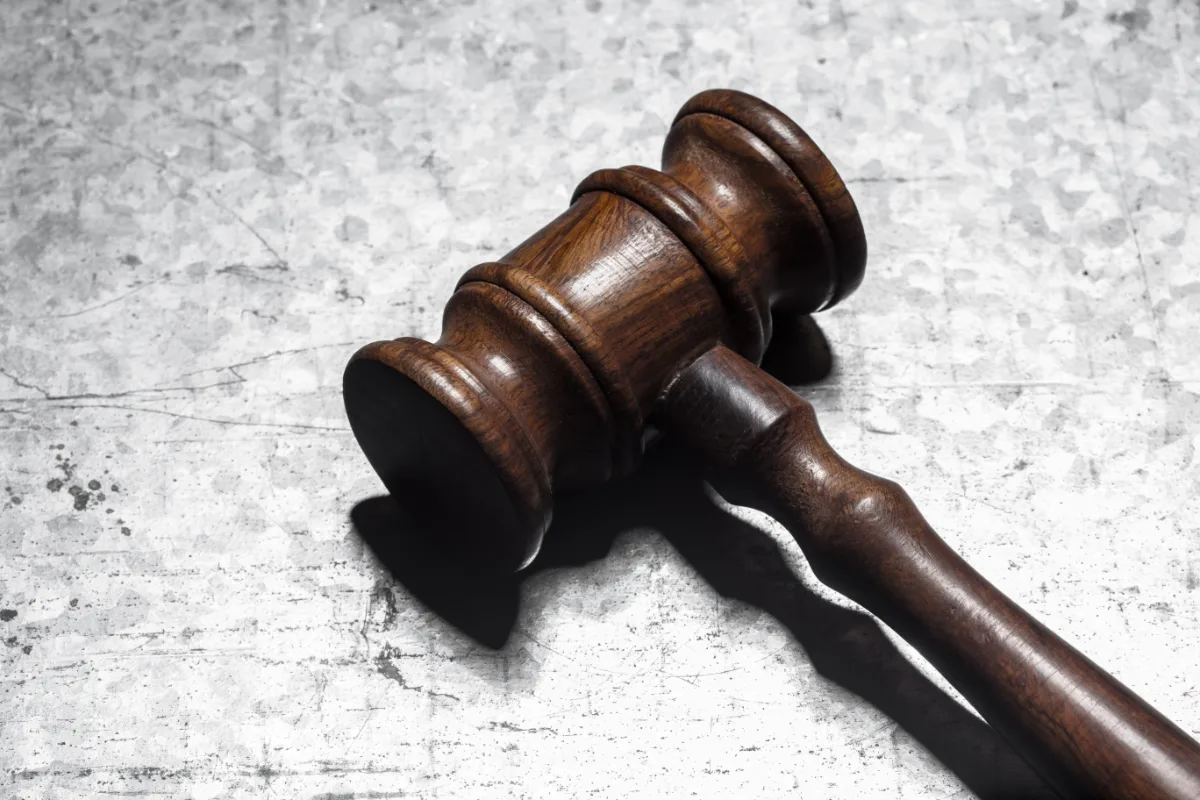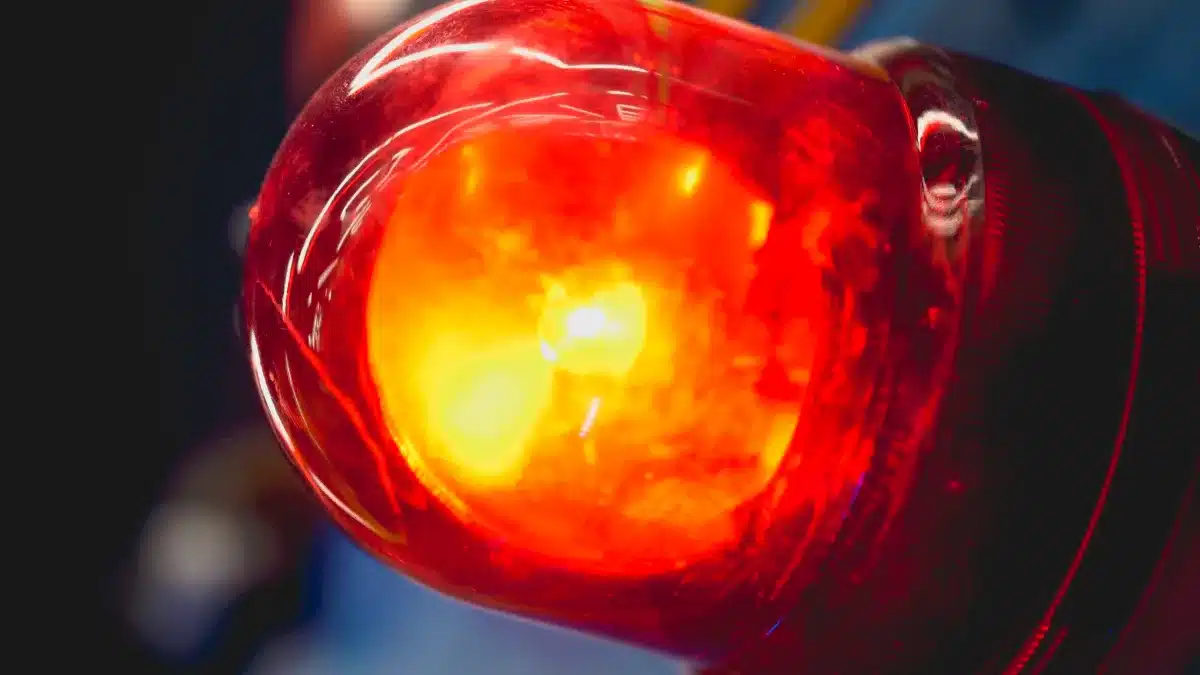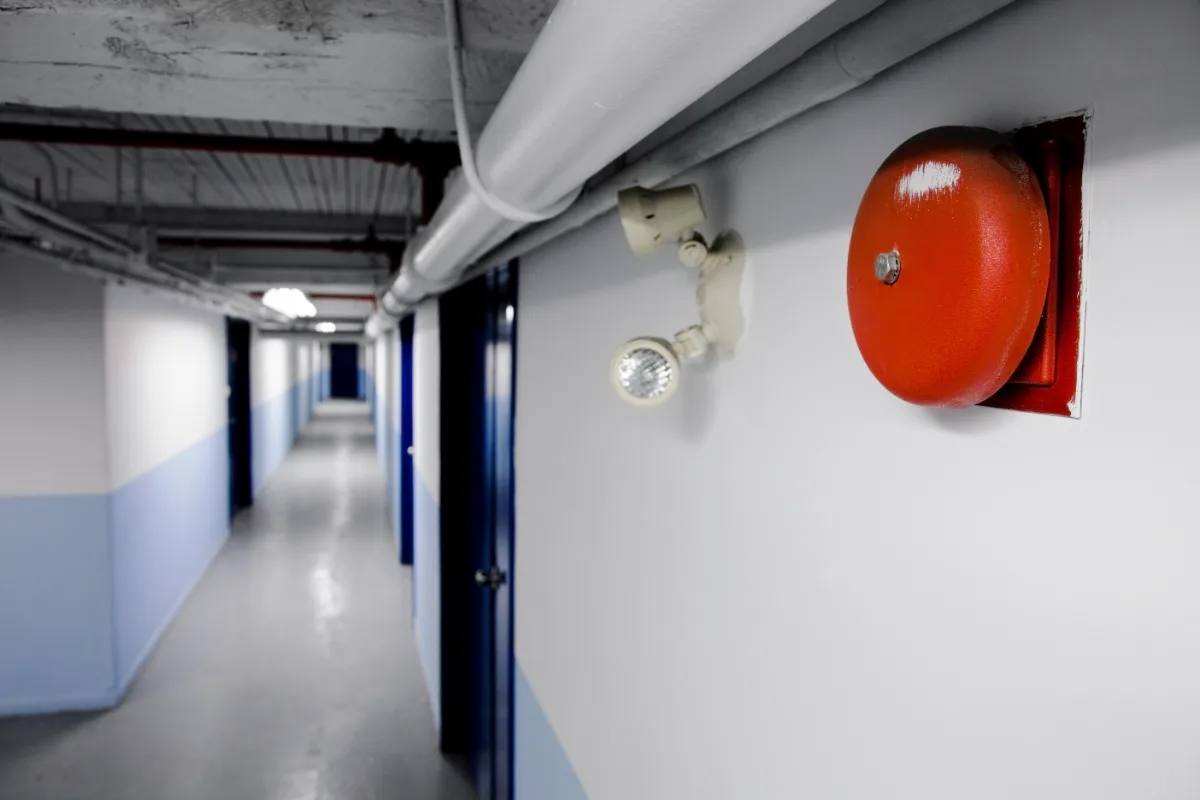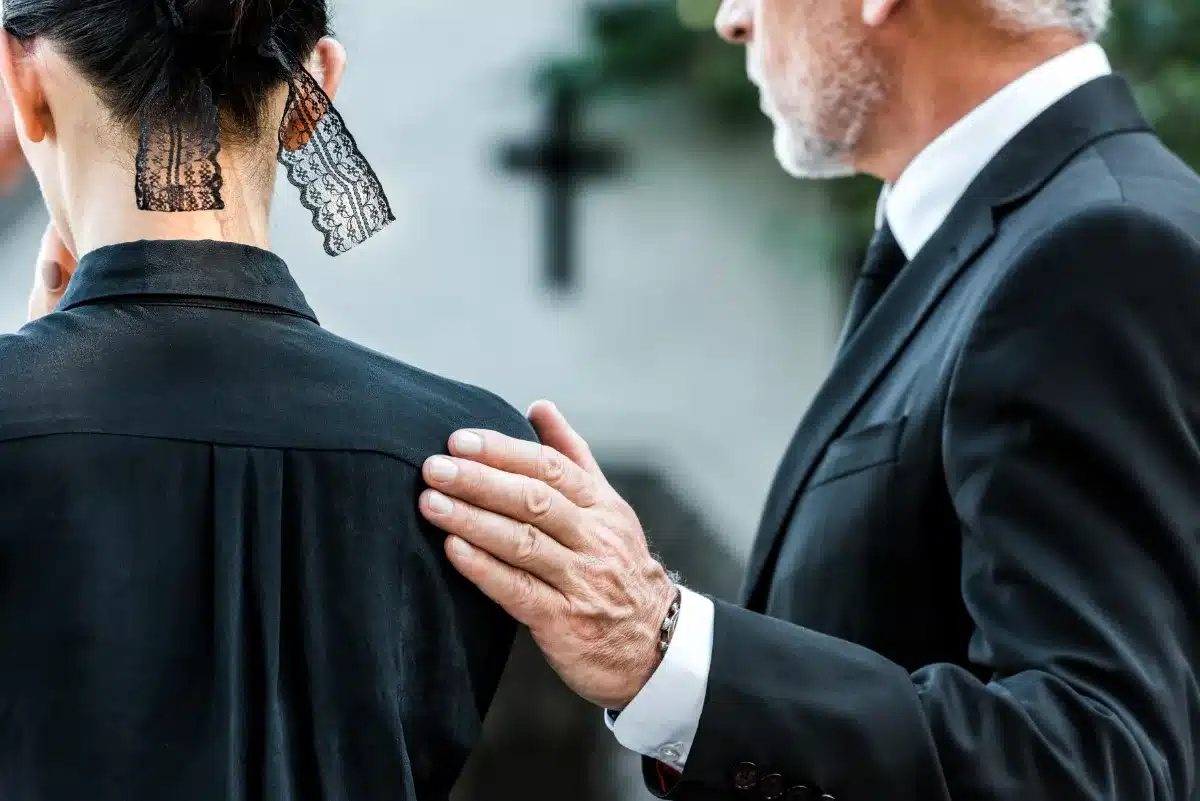WHAT IS ABUSE OF CORPSE IN TEXAS? The Texas law against abuse of corpse prohibits unearthing, damaging, transporting, buying, selling, or concealing an illegally disinterred human corpse. Vandalizing a gravesite, or treating it in an “offensive manner,” also constitutes abuse of corpse. WHAT IS THE ABUSE OF CORPSE LAW IN...













